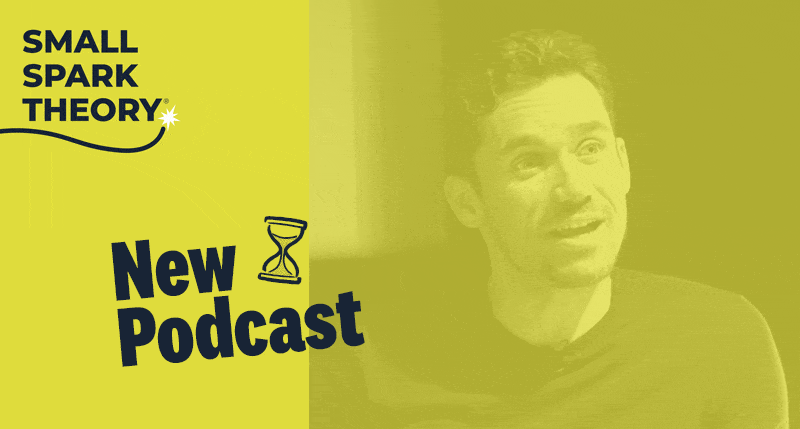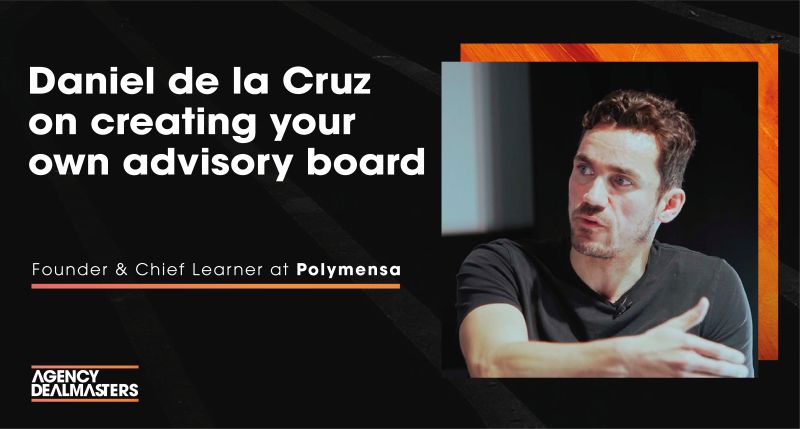
Reflections Nov 2020 – Week 1: Client relationships, not getting feedback on pitches? Circular Questioning – consulting technique, Humble Consulting book review and more…
November 9, 2020
Reflections Nov 2020 – Week 2: Consulting tips for agencies, how good is your customers service? Uncharted book review, the automation paradox, Curse Of Knowledge and more…
November 16, 2020When you start working with a client for the first time, there will be moments when your own ideas, feelings and suggestions for actions pop into your mind. That’s also the moment you have to decide whether or not to reveal your thoughts. If you reveal them too early, you are at risk of seriously undermining your credibility.
It is tempting to slip into the role of “the hammer looking for nails”.
Perhaps because you’re nice?
You want to always be helpful.
Or you want to look like you know what you’re doing?
They hired you as the expert after-all.
You’ve done this plenty of times, done your own research and already have a good idea of what they need.
Consider this simplified scenario early on in a potential client relationship…
Client:
We need an app, a website and a logo.
Consultant:
(You know that’s not the way to approach this project)
I understand that, why don’t you do some customer research first and see whether creating an app, website or logo is the right thing to do.
Client:
When we ran a survey last year, we didn’t get much useful information back.
Consultant:
(There’s many ways to do research, they probably didn’t do it right)
Surveys are good, but a qualitative approach might be better.
Client:
We talk to our customers all the time, so have a good idea of what they need.
(How come you, the consultant, don’t see all the flaws in what you have suggested?)
The trap the ‘hammer’ now finds itself in is that the client had already considered the solutions, ruled it out for various reasons and now wonders why the consultant has come up with such a bad idea.
Transactional Analysis
The above exchange example is no longer about the work to be done. It is a game we humans often play when there is an absence of trust in the relationship.
Eric Berne (was a leading psychiatrist, creator of transactional analysis and author of Games People Play) called this game the “Why don’t you… Yes but…” game, in which two people fall into a loop of ‘help’ suggestion and ‘help’ rejection - until the person who originally asked for help says “well, you’re great help!” and the response “I was only trying to be helpful”.
Watch the clip below for a real life example.
Diagnostic questioning
It is not that what was suggested is necessarily wrong. In the example above, there definitely are many ways to conduct research that can reveal important insights. The client just didn’t have enough trust to reveal the ‘truth’ - the real problem they are having. A good consultant recognises this and differentiates between a question that will either - from a position of deep curiosity:
Attempt to reveal more about the person and their role in the organisation
e.g. Is the client just looking for attention or justification?
Is there more at stake here? Does the client have a fixed deadline given by their manager, if not met seriously threatens their role at the company?
Or
Attempt to reveal more about the organisation
e.g. What led the organisation to thinking an app, website and logo is what they need?
Only once trust is established can there be an open task-orientated debate.
When to walk away?
Sometimes you will find yourself in a position where you realise the client really doesn’t want to fix the actual problem. In those scenarios and only when you are almost certain that is the case, refusing to work on the project may be more helpful to the client than agreeing to take on the work for the sake of keeping them happy and paying your bills.
Book recommendation with more consulting tips for agencies
If you enjoyed this article, would like more consulting tips for agencies and explore new ways to build better relationships with your clients I highly recommend reading these three books:
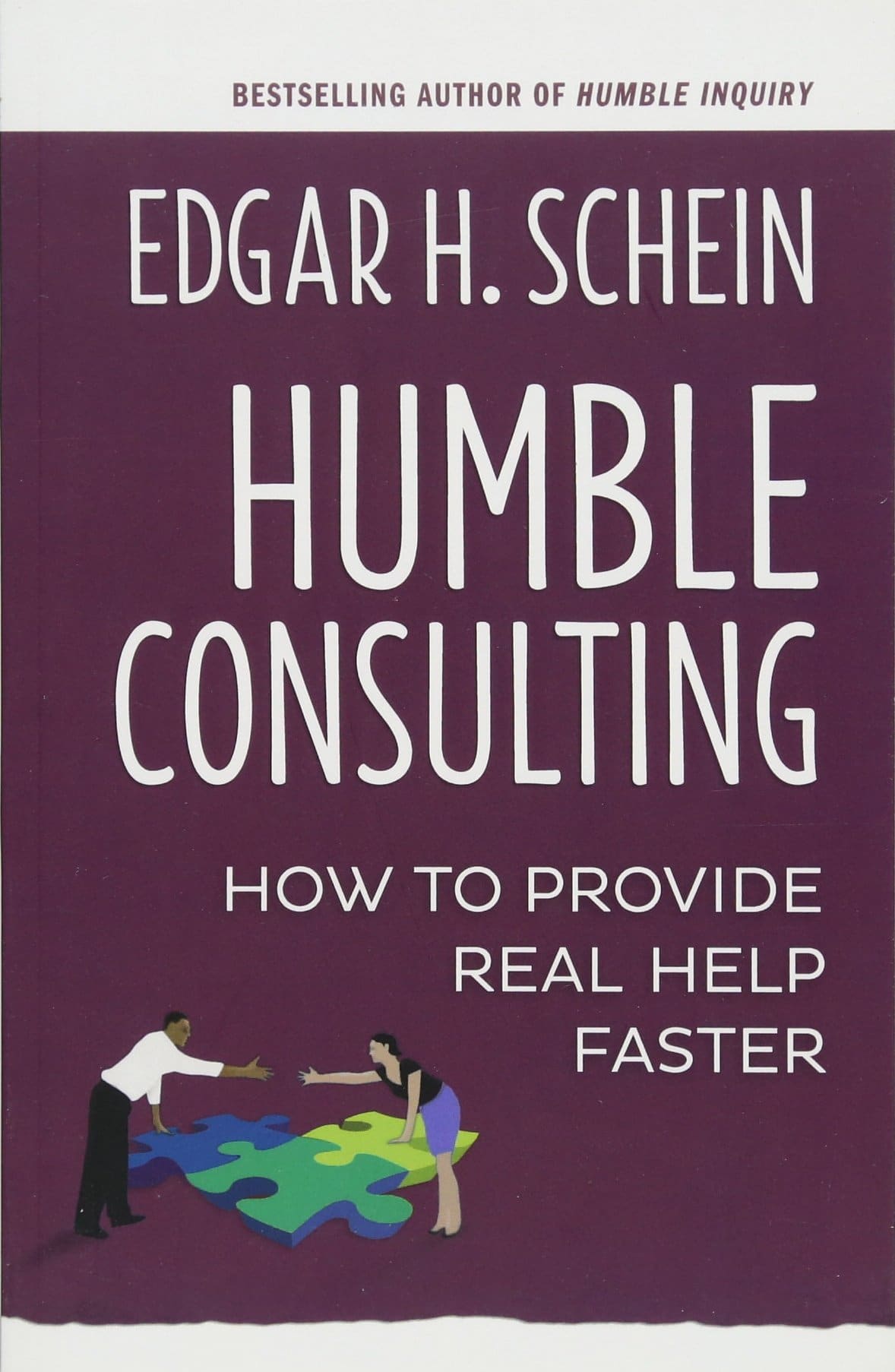
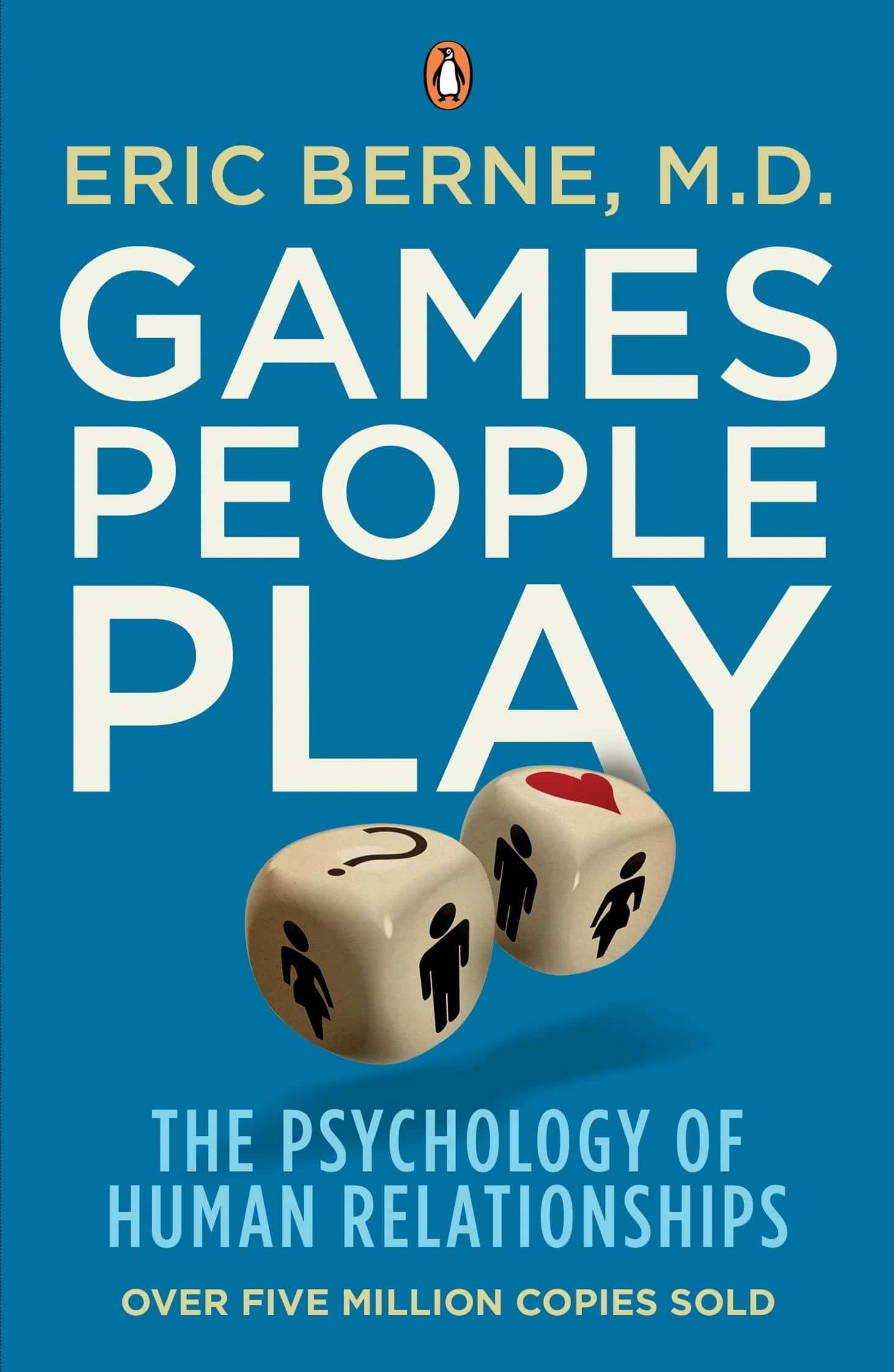
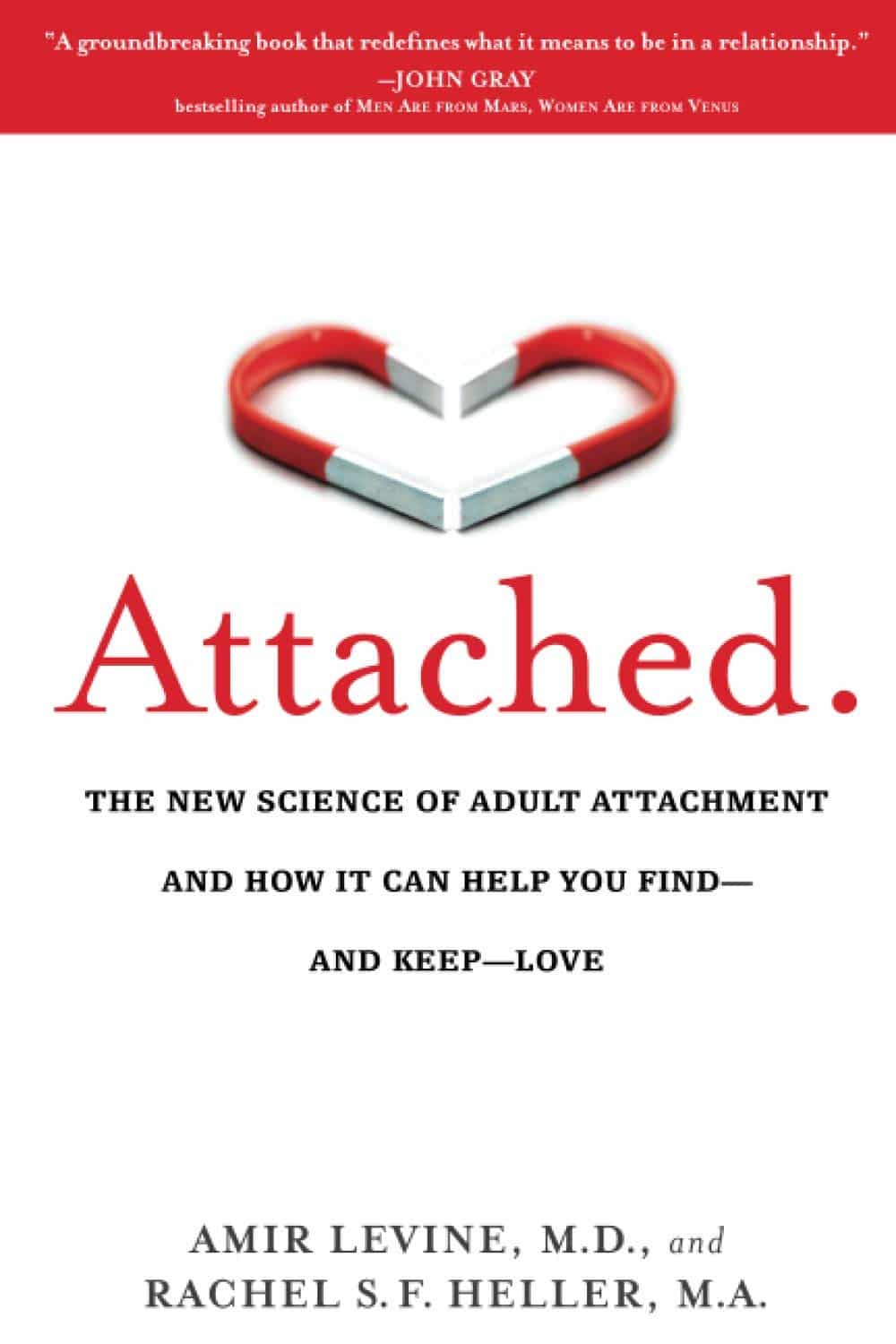
Be an infinite learner.



